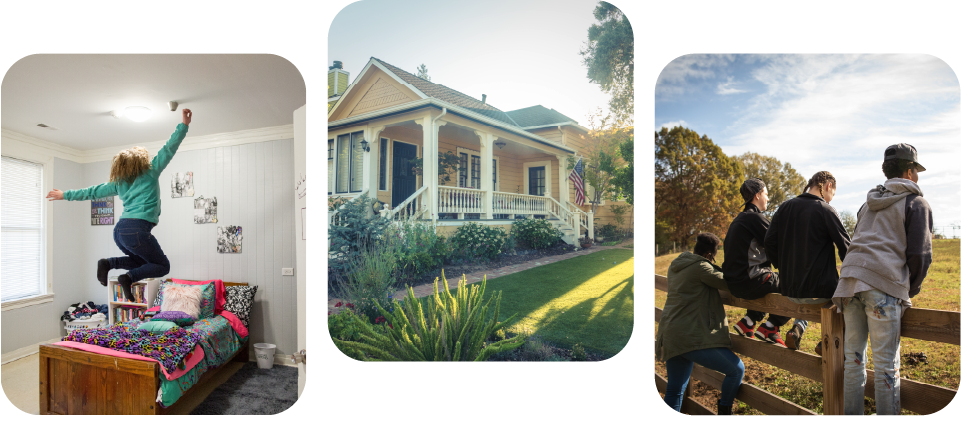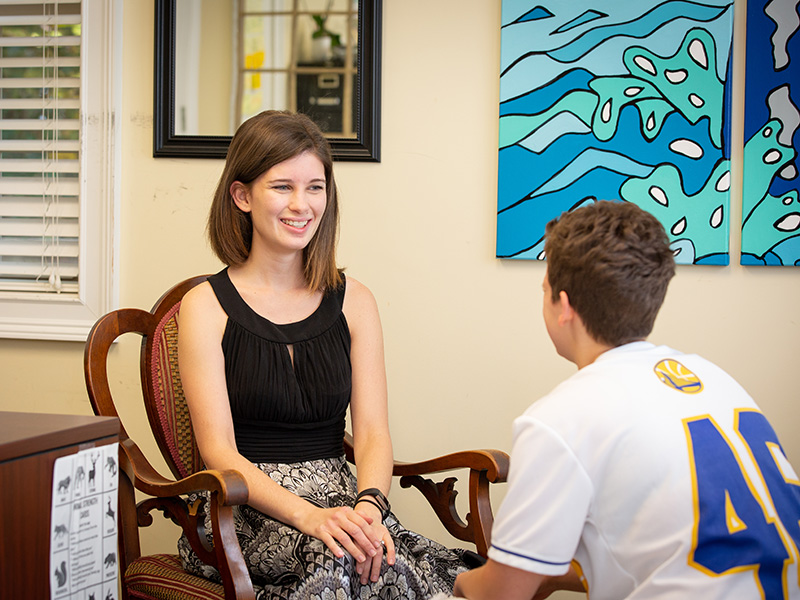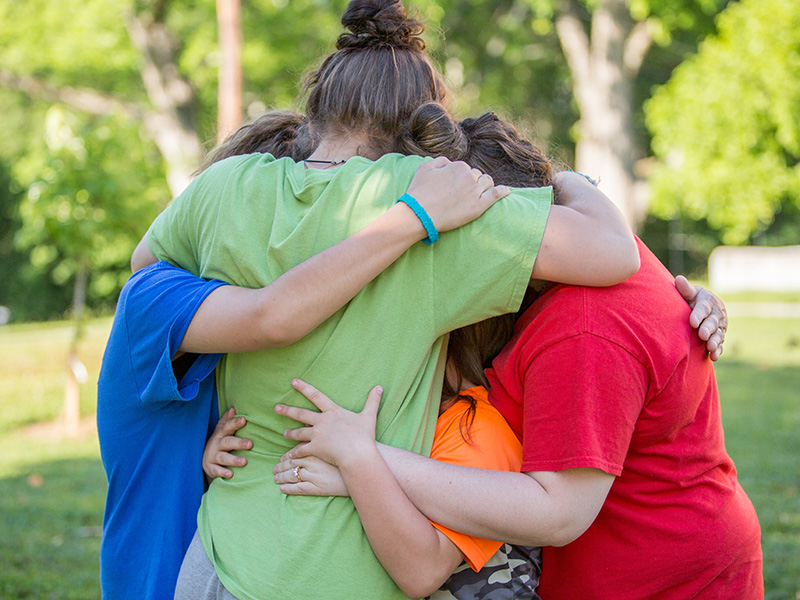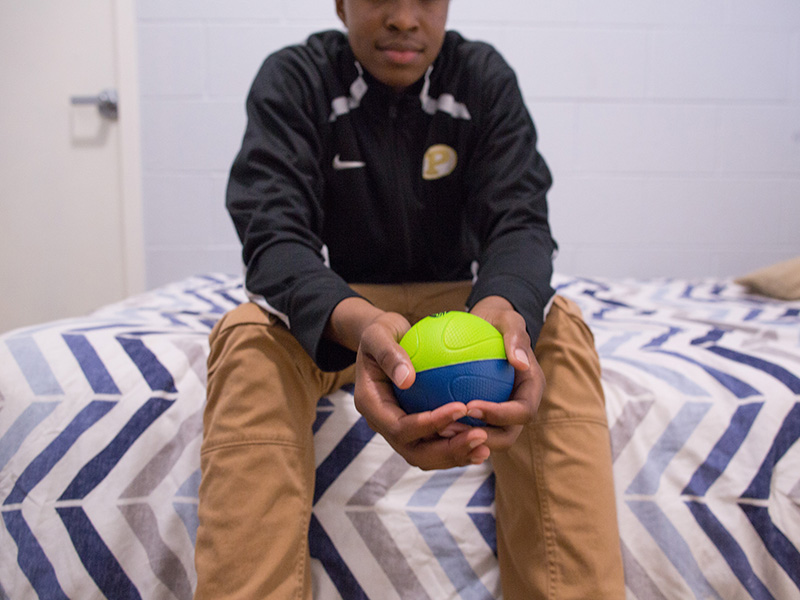Evolve Initiative
Taking Murphy-Harpst’s Mission to Communities Across Georgia
Vulnerable children have nowhere to call home.

In 2022, there were more than double the number of children in state custody as available beds in foster or group homes.

Last year the state paid over $84M to supervise children with no suitable placement in hotels, between 50-85 each night.

The need is widespread: over 11,000 children across all 159 counties in Georgia spent time in state custody in 2022.
The EVOLVE Project

Murphy-Harpst partners with local communities and government agencies to open “Evolve homes” in local communities across the state. Each home supports 4-5 children with two pairs of trained foster parents rotating working two weeks in the home, then two weeks off to provide stability to the children and balance for the parents. The program provides in-home therapeutic services through a full-time behavioral therapist, case manager, and part-time mental health therapist. The target timeframe for treatment is 9-12 months.


How Does Evolve Work?
Children have individualized plans focused on decreasing behavioral issues and addressing any mental health or educational needs through the following services:
- Hands-on life skills lessons such as cooking and cleaning facilitated by behavioral therapists and foster parents.
- A minimum of two individual counseling sessions and two groups per week.
- Individualized tutoring to address educational needs.
- Recreational opportunities in the community.
Help Us Make Room
Volunteer support for the children and staff in Evolve comes from congregations, local businesses, civic organizations, and individuals who provide mentorship, host birthday parties and seasonal celebrations through the year, sponsor recreational and cultural experiences in the community (theater, museums, sporting events), hold donation drives for school supplies, hygiene kits, household items and for decorating a child’s bedroom. Please consider how you would like to help, and contact us via the form to the right to find out more.

Fostering Resiliency
The Evolve Initiative fosters resiliency, positive coping skills, and the tools needed for at-risk children to manage their emotions and find success when returning to their communities. Children learn core concepts they can implement throughout their lives, such as stress and anger management, critical thinking, problem-solving, determination, empathy, and teamwork. Without support, these children will likely experience continued physical, developmental, behavioral, or mental health challenges. Without these tools, children in foster care are much more likely to face homelessness, substance abuse, incarceration, and unemployment.
Evolve’s Impact
John D.
Our youths’ stories of resilience and triumph are the soul of the Evolve Initiative. After 18 months in foster care, 10-year-old John had anything but the stability and care necessary to recover from trauma. Traditional solutions could not accommodate his complex needs. He bounced between psychiatric hospitals, foster homes, a campus-based residential program, and hotels with minimal services in between placements. He was discharged for uncontrollable behaviors to a hotel for three months before coming to Evolve.
John was immediately provided intensive, in-home mental health services, enrolled in public school, provided a tutor, and worked daily with the Family Advocate. Most importantly, he had a consistent routine, medication management, and a behavioral treatment plan. John was provided the intensive attention needed to address his lifelong trauma. He received 3 individual counseling sessions per week and participated in group self-deescalation and conflict management.
After 45 days, John demonstrated significant improvement, using his coping skills rather than reacting. After one month, his grandmother began weekend visits. The team helped her learn his daily routine and how to implement his behavioral treatment plan. She participated in parenting classes and family counseling with him. They started having weekend trips to his grandmother’s house, and because of his progress and positive home visits, John was reunited with his grandmother as his parental guardian. He and his grandmother remain connected to the Evolve team to help maintain their progress together.
Today, 6 months after reunification, John remains with his grandmother and is enrolled in the 7th grade as they continue to grow and thrive as a family.

